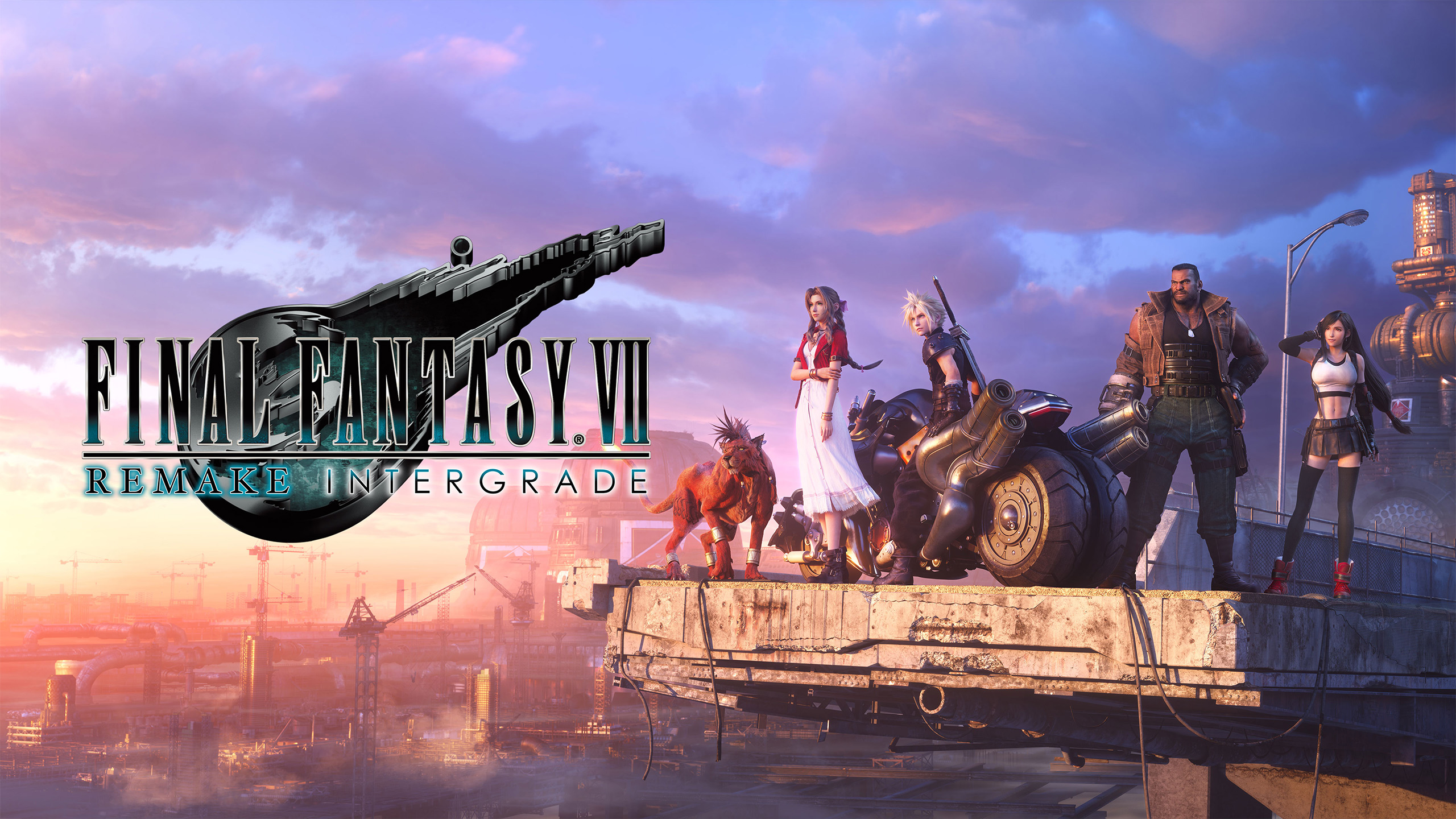Collecting and enjoying video games has exploded into a mainstream hobby across the globe. While millions of people commit their time and money towards video game consumption; there are still terms that cause mass confusion and fierce debate in this international community. I will take it upon myself to explain what they mean, even if gaming publishers misunderstand this too sometimes.
Port

Let’s start with an easy one we can all agree with. To port a game to another system is to take the existing game and simply redevelop it to run on different hardware. For example, Dragon Quest XI was originally released on Nintendo 3DS and PS4 in Japan. It was then localised into English on the PS4 and Microsoft Windows. An enhanced port was released on Nintendo Switch where the graphical fidelity was reduced to meet hardware requirements. But content from the 3DS version was added with some quality of life changes.
This version was then ported to PS4, Xbox One, and Windows – so the PS4 has two versions of the game. The original and a port of the enhanced version that was developed for the Nintendo Switch. An easy way to remember if it’s a port is with Switch versions of current-gen games; if it comes to the Switch afterward but is the same game it’s a port (like Doom Eternal, Skyrim, or The Witcher 3).
Remaster

Remastering a game is very similar to porting; but it usually has the caveat that it was developed more thoroughly for the hardware it is being released on. Typically, these games have “HD” on the end of their name to indicate that they are being shifted from standard resolution to high definition. But, they can sometimes have enhancements and quality of life changes added. Typically though, they are the same games but with a higher resolution, higher frame rate, and updated textures. Notable examples include The Nathan Drake Collection, Twilight Princess HD, and any other game that has “HD” or “Remastered” while being a modern version of a last-gen title.
Remake

When a game is rebuilt from the ground up but kept faithful to the original this is a remake. Activision has caused a lot of confusion with this by labelling the Spyro and Crash remakes as “Remastered” or “Reignited“ when they are from-the-ground-up remakes. This is usually discernible by a new engine, completely overhauled visuals or art direction, and notable geometry and model changes. The new versions of the Resident Evil games are remakes, the ones hastily placed on the digital storefronts during the XBLA and PS3 generation are ports.
Reboot

This term is usually a lot easier to swallow as it is used for movies and TV as well as games. If an existing property is either completely redesigned, or deviates from the original in a major way it can be considered a reboot. The 2016 Ratchet and Clank tie-in movie game is a reboot of the original in that it heavily deviates from the source material. Another notable example is the “DmC” version of Devil May Cry developed by Ninja Theory. This tried to bring new life to the series with a more edgy and gritty presentation (to little fanfare).
The Final Fantasy VII Remake Problem

Square Enix is where the biggest spanner gets thrown into the works. The terminology with their newest title in the Final Fantasy series – Final Fantasy 7 Remake. This is peculiar as you can argue that, yes, FF7R has been built in a brand new engine that completely overhauls the original game to make it palatable for modern sensibilities; but the gameplay and narrative are completely different.
Rather than being a turn-based JRPG it takes more of an action-orientated approach via hack and slashing your way through the enemy. To top that off, the narrative takes a different direction towards the end of the game. Which in turn, may have a huge impact on the rest of the story. This however, could be intentional, as the sequel name has been revealed to be “Rebirth“. This could suggest that “Remake” was not a literal title but rather a play on words. Which honestly at this point makes much more sense. Having said that, it does nothing to help the confusion between these terms that is so omnipresent in the gaming community.
Those are the main terms that seem to cause a lot of confusion in debates. Once you understand the nuance (and that companies will market games incorrectly and spread more confusion) it’s pretty simple to grasp. I hope that this article has helped you understand this more in some capacity. If you’re ever struggling to explain the difference to someone, just send them our way and we can help clear this up! So what do you think, am I completely wrong or right on the money? I’m interested to hear some other perspectives!
Video game completionist and 3D platformer connoisseur, Riley is a fan of the whimsical frenzy of bright and colourful characters that blessed us in the late 90's. Their favourite game's are Spyro, Persona 5 and Super Mario Sunshine.





Post Comment